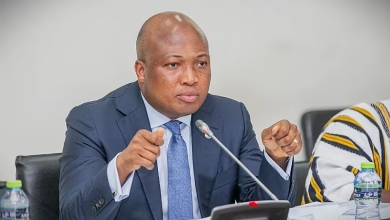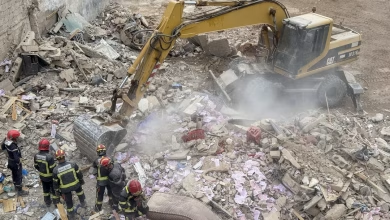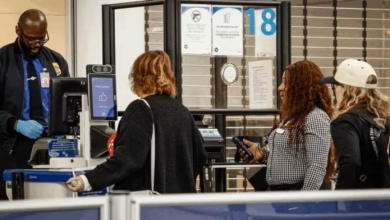Israel Resists Cairo’s Offer of a Ceasefire in Gaza, Release of Hostages

- Israel demands list of hostages from Hamas
- Ceasefire expected before the start of Ramadan
- Hamas declined to consent to the terms for swapping hostages for Palestinian prisoners
A Hamas delegation arrived in Cairo on Sunday for talks aimed at achieving a cease-fire in the war in Gaza and an exchange of hostages held by militants there for Palestinian prisoners, according to an official in the group, Basem Naim. But a breakthrough in the negotiations did not appear to be imminent, as Israel decided not to attend.
Israel made the decision after Qatar’s prime minister informed David Barnea, the head of Mossad, Israel’s foreign intelligence service, on Sunday that Hamas had refused an Israeli request to provide a list of the hostages who were still alive, according to an Israeli official.
Prime Minister Benjamin Netanyahu of Israel said on Thursday that he had requested the names of hostages who would be freed in an agreement.
Another factor that figured into Israel’s decision was that Hamas declined to consent to the terms for swapping hostages for Palestinian prisoners that the United States presented in Paris about 10 days ago, said two Israeli officials who spoke on the condition of anonymity because they were not authorized publicly.
The U.S. outline entailed Israel releasing hundreds of Palestinian prisoners in exchange for 40 hostages, with different numbers of prisoners being traded for different categories of hostages, according to two officials with knowledge of the negotiations.
Mr. Naim declined to respond to the claims about the Hamas refusals.
The United States has been pushing for a cease-fire ahead of Ramadan, the Muslim holy month that starts in about a week, but slow progress in the talks has made that challenging.
Khalil al-Hayya, a senior Hamas official, was leading the delegation in Cairo, Mr. Naim said in a text message.
Sticking points in the negotiations have been the number of Palestinian prisoners to be released, including the number of those serving life sentences, and whether a cease-fire will be permanent or temporary.
On Saturday, a senior U.S. official, who spoke on condition of anonymity to discuss sensitive diplomatic efforts, told reporters that Israel had “more or less accepted” a framework for the deal and that the ball was now in Hamas’s court.






